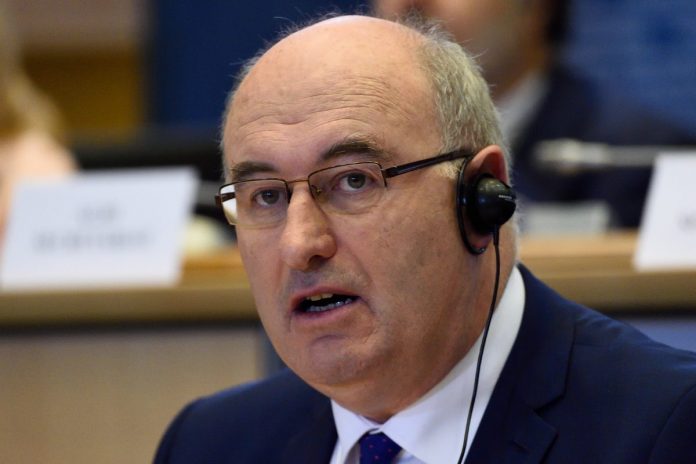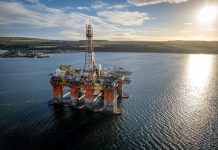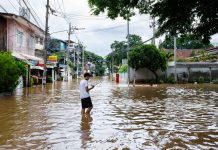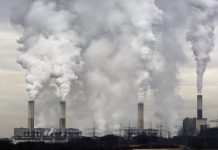Phil Hogan, EU Commissioner for Agriculture and Rural Development looks at how the Commission is supporting Europe’s farmers to succeed and be resilient…
The Common Agriculture Policy (CAP) was originally designed to feed the starving populations of Europe in the post-war era, and it has met that challenge with resounding success.
These days, the CAP has grown into an over-arching policy which supports farmers and rural communities at home, while developing solutions to ongoing global challenges. The CAP provides stability of income to EU farmers and supports their role in rural job creation, climate action, and safeguarding our environmental heritage.
Internationally, with the population of the world expected to be more than 9.3 billion by 2050, the CAP has a vital role to play in feeding the world with high-quality, nutritious products. The policy has also evolved to have a clear international dimension – it is more in tune with international markets, more ambitious and supportive of young innovating farmers, and more focused on sustainable growth. In line with this international outlook, the CAP is playing a part in the EU’s commitment to making the 2030 Sustainable Development Goals a reality.
If the world is to meet the Agenda 2030 challenge of Zero Hunger and ending extreme poverty in the next 14 years, we have to find new ways to encourage responsible investments in agriculture and rural areas. In fact, the EU’s rural development policy can be considered a model for maintaining livelihoods in rural areas.
The CAP supports sustainable rural communities at home by providing them with the economic opportunities and social and cultural cohesion they need. We are eager to help our international partners use our experiences to build models of their own.
As well as this, farmers are expected to play a role in combating climate change and managing precious resources like soil and water. Climate action is the priority of Sustainable Development Goal 13, while “life on land” – in other words how we manage forests, tackle land degradation, and stop biodiversity loss – is the focus of Sustainable Development Goal 15.
So how do we create the conditions to make these things happen? The development of smart, sustainable agriculture policies is a good starting point.
Next, we must enhance the contribution of the private sector and develop the resources of individual nations. The private sector, with its immense capacity for investment in innovation and research, must be mobilised in new and smarter ways. Food security, sustainable development and climate action require new investments.
This will lead to adapted production techniques, training and advice for farmers, as well as specific support for testing new and innovative approaches, for a better and more efficient agriculture.
However, when it comes to investment – while I am fully convinced that agriculture can only prosper with private investment, we have to ensure 2 conditions: first, that the investment is responsible and socially and environmentally sustainable; and second, that the countries wanting the investors have a business friendly environment. The CAP is already supporting investment in all these areas, and will do even more in the coming years.
Phil Hogan
Commissioner for Agriculture and Rural Development
European Commission











